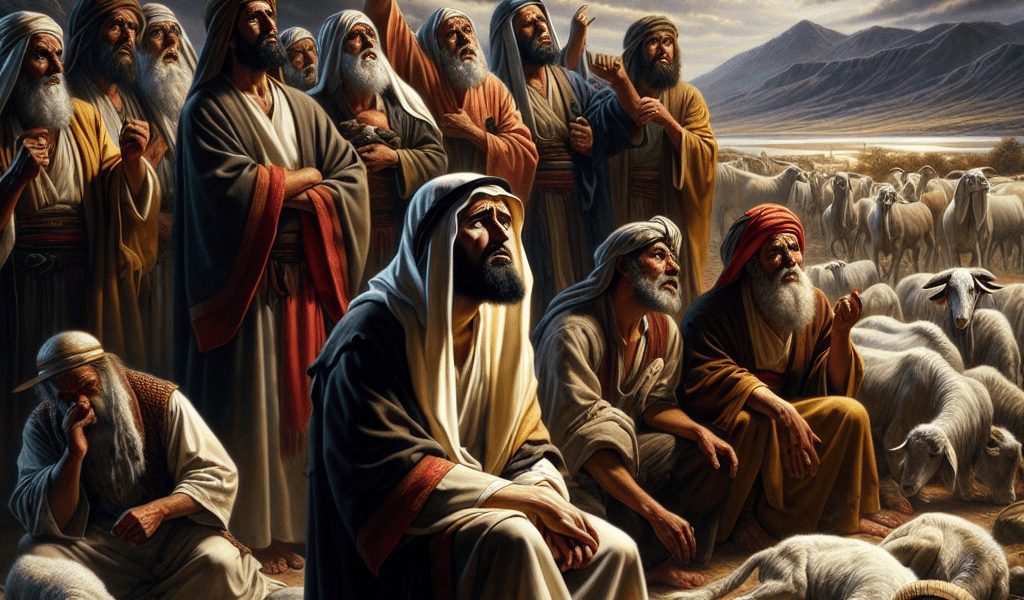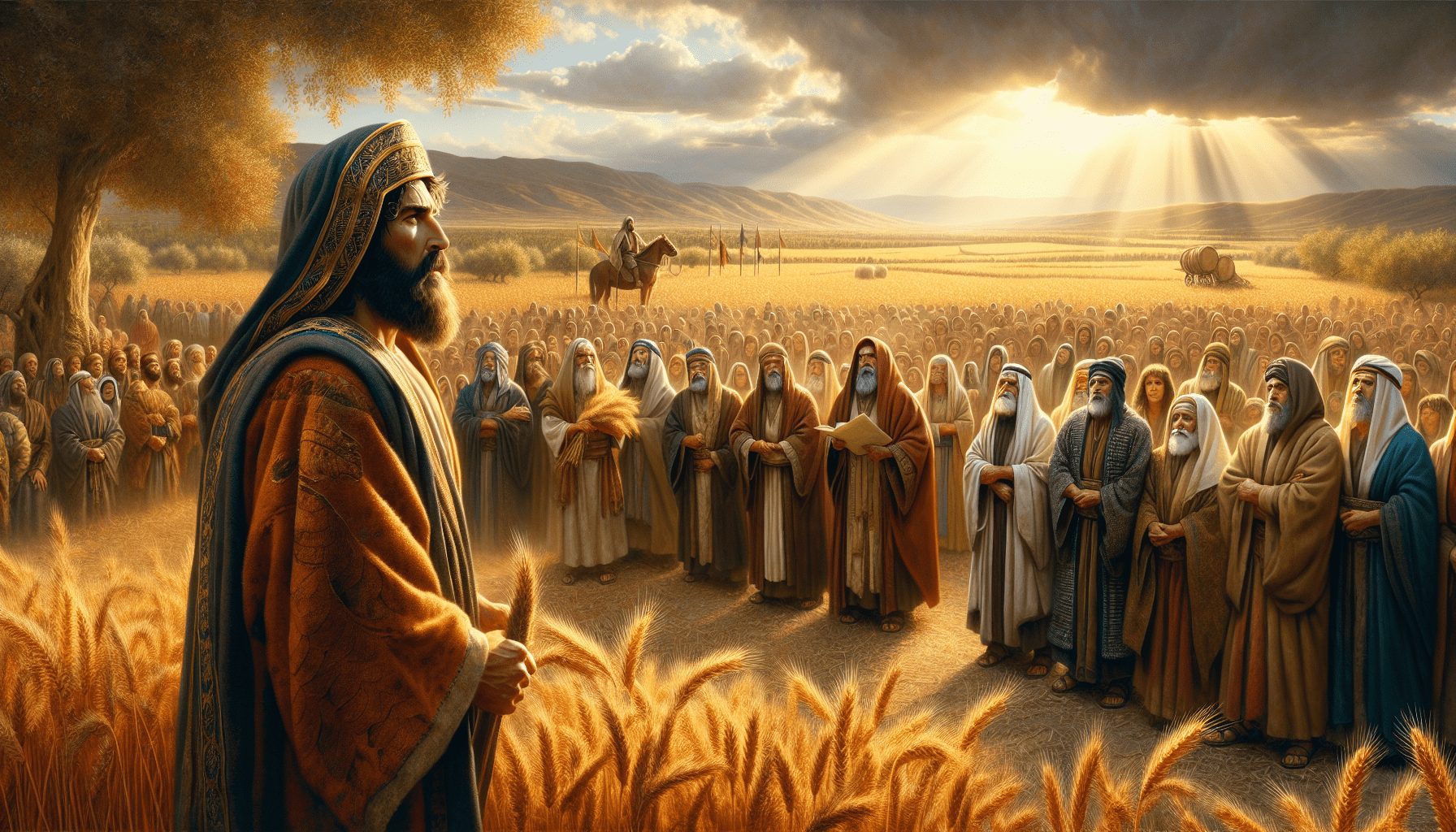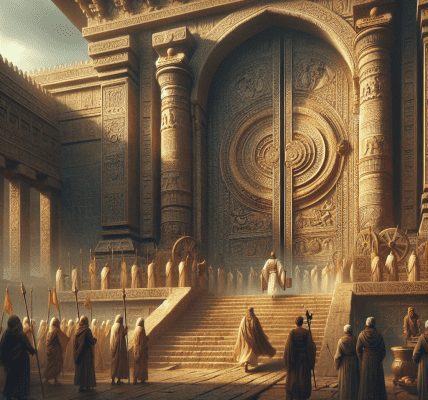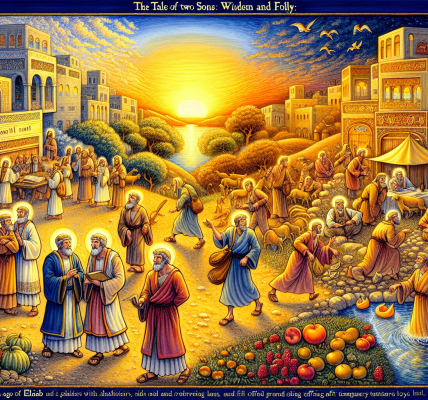Once upon a time, in a land of great mystery, there lived a man named Job. Job, a blameless and upright man, was known far and wide for his deep reverence for Jehovah, the Almighty God. But as the book of Job relates, he was also no stranger to immense suffering.
The skies darkened one day, as Job grappled with the turn his fate had taken. His immense wealth, numerous livestock, and his ten children had been taken from him amidst a string of calamities. His once jovial and joyous life was now mired in bewildering hardship. His friends insisted that he must have sinned, but Job adamantly stood by his innocence.
In the midst of his suffering, Job desolately sought answers, yearning to understand why such misfortune had befallen him. He dared to challenge God, assuming the role of the plaintiff while still trusting in the ultimate justice of God.
Suddenly, in the midst of Job’s anguish, Jehovah himself responded from a whirlwind. “Who is this questioning my wisdom with ignorant words?” He demanded.
“Be a man, Job,” Jehovah instructed, “I have questions for you, and you must answer.” Jehovah led Job through an extraordinary cosmic tour, a journey through the marvels of creation.
He asked Job about the foundations of the Earth and if he knew how they were laid. He questioned Job about the measurements of the cosmos, who determined them, and who ensured they remained in place.
Jehovah revealed wondrous narratives that only He could weave – when morning stars sang in unison, and all God’s sons shouted with joy, and when He restricted the sea with boundaries, adorning it with clouds and darkness.
He questioned Job about the morning sun, the geography of light and darkness, and the intimate details of Earth’s topography. Jehovah asked Job if he had witnessed the gates of death or explored the deep recesses of the oceans.
God asked if Job knew of the profound reality beyond human touch – the treasuries of snow and hail held in reserve for times of trouble and days of war, or the way the east wind scattered upon Earth, the path for the lightning of thunder.
Jehovah intrigued Job with questions about the vapours ascending from the ends of the earth; the scattering lightning and the sudden rain, about the patterns of stars and constellations. He queried if Job could command the clouds to burst or guide the stars in their courses.
Job, a mere human, could not fathom the answers. Jehovah was illustrating the grandeur of His creation – to remind Job of His sovereignty. To make clear the vast difference between God’s understanding and human understanding.
Turning to the wildlife, Jehovah asked, “Can you provide prey for the lioness, or feed the young lions when they are hungry?” He demonstrated His complete control of all nature, from big animals to the smallest details, all encompassing His wisdom and control, far beyond human understanding.
In a whirlwind of profound questions, Job found his answer. No list of wrongs could be charged against Jehovah; His ways are mysterious, beyond comprehension.
Job realized that he was indeed ‘vain’ to question God’s wisdom. His anguish turned to reverence, as he confessed that he had spoken of things he didn’t understand, things too wonderful for him to comprehend.
This tale serves as a deep reminder of God’s omnipotence and our inability to understand His plans completely. Life comes with its trials and hardships, but they are not necessarily a punishment for wrongdoing. God has a greater and more comprehensive plan, and we are but small gears in the grand scheme of life. Like Job, we learn to trust Him amidst our trials, acknowledging His Majesty, Wisdom, and Infinite Power.




